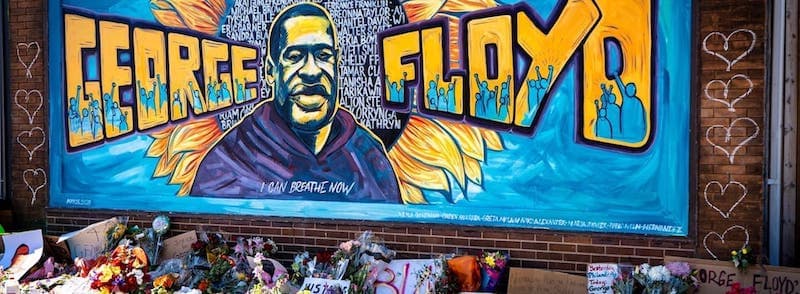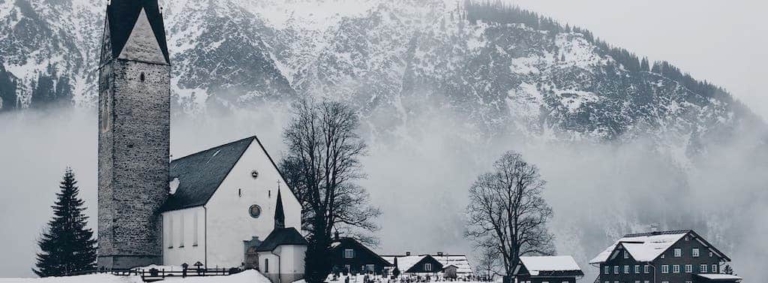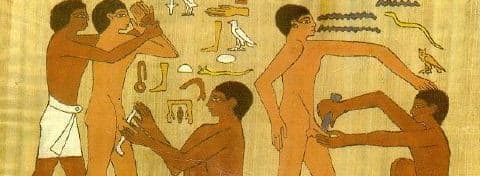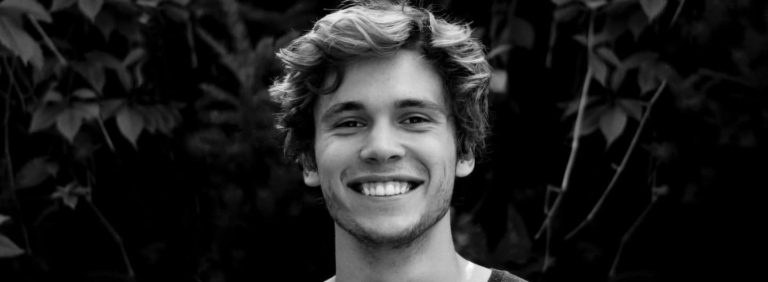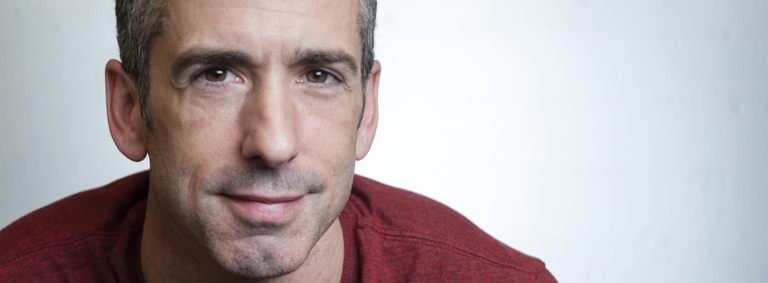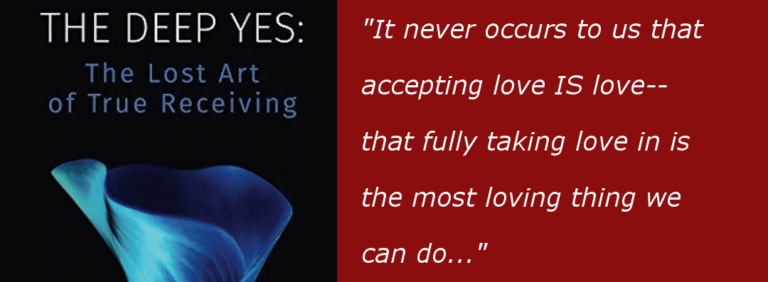Why People Riot—About The Silence
They asked why people feel the need to riot when they can just peacefully protest and destroy property. Why do people riot? It’s because they can’t breathe. And we need to listen.
I recently hijacked a colleague’s Facebook page with a ranting comment to her post about rioting and vulnerability. I felt terrible about it. I wrote far too much for a comment. Then I realized that I’d not written two words about the social depth to which we’d descended and exactly why people riot. This became my own riot.
How to Start A Riot
Less than a week earlier, George Floyd, a black man, was murdered by a white Minneapolis police officer. Officer Derek Chauvin pinned Floyd, handcuffed, to the ground by pressing his knee into Floyd’s neck cutting off his airway and possibly restricting blood flow to the brain. It took Floyd six or seven minutes to become unresponsive. Officer Chauvin held him for nearly nine. Chauvin released the hold only after ambulance drivers arrived with a stretcher asked him to.
More troubling was that Chauvin was partnered with three officers who assisted in or supported the killing. George Floyd was cuffed, on the ground and bleeding from the mouth from injuries sustained from the beating Floyd received from the officers several minutes earlier.
More troubling still is this didn’t happen in a corner. The scene was witnessed by a crowd taking photographs with their smartphones or capturing video, one of which would soon sicken millions around the globe. Several witnesses called out to the officers, saying that he was not resisting. Officers replied that “He’s fine.” Witnesses asked them if he had a pulse pointing out that Floyd was no longer responsive. The officers checked. He didn’t. Officer Chauvin didn’t release the neck hold. A witness said, “Did they fucking kill him?”
This was Officer Derek Chauvin’s riot.
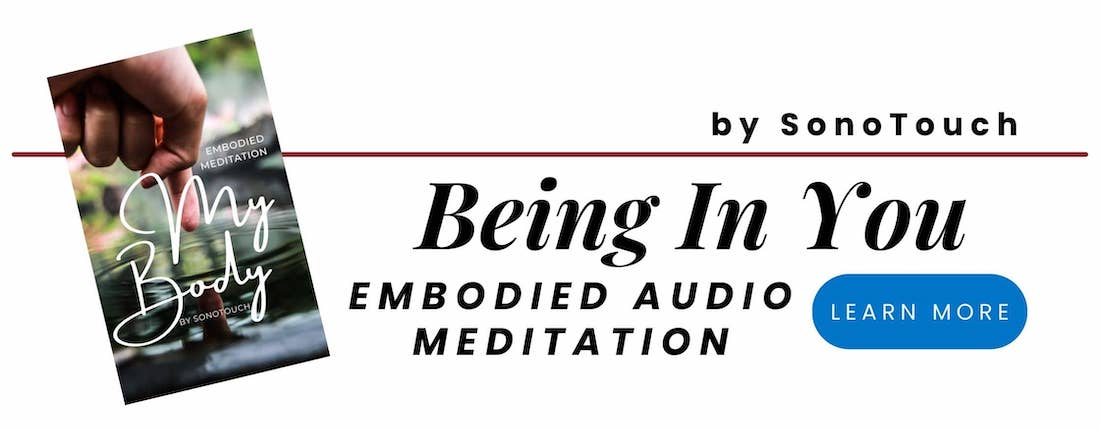
What About George Floyd
A physician associated with the independent autopsy said that it was natural to be able to speak while dying from mechanical asphyxia as George Floyd’s airway and carotid artery were compressed beneath Officer Chauvin’s knee. Among Floyd’s last words were, “Mama.” “I’m about to die.” and “I can’t breath.”
This was George Floyd’s riot.
An ambulance took Floyd, now motionless, to Hennepin County Medical Center where he was pronounced dead. An independent autopsy determined the cause of death to be asphyxia and the manner of death to be a homicide.
The first day of protests was fairly peaceful. Demonstrators made their feelings known: “Call him by his name.” “Black Lives Matter.” “I can’t breathe.” Protestors wanted an arrest. All four officers had been fired, but no charges were filed.
Essential Elements of a Riot
More troubling still is the fact that while George Floyd’s death is horrific and the police violence seemingly exceptional, it is not. It is another in a string of systematic violent killings fueled by police hatred and violence.
The city of Minneapolis has a long history of police-involved killings. According to Minneapolis Tribune records, police have killed someone in all years but three since the year 2000. Minneapolis police are trained in a program dubbed “Bulletproof Warrior”. The philosophy is that everyone and everything is a threat.
Jamar Clark’s death five years ago riled Twin Citians when the officers involved were not charged with his killing. Clark was black. Protestors camped outside the precinct for eighteen days until the police union managed to convince authorities to clear them out with riot gear and pepper spray.
Then there was Philando Castille, also black, who was shot seven times while he sat in his car next to his girlfriend who live-streamed the entire incident on Facebook. Castille’s case was the first time in the state’s history when a police officer was criminally charged with the killing of a civilian. The officer was later acquitted. Protests ensued. Freeways were blocked.
Somewhat contrasty, one year later, Justine Ruszczyk, a white woman was shot behind her home after she called 911 to report a possible sexual assault in her alley. The officer fired on her from the squad car window. The officer is black and was charged and convicted with third-degree murder and sentenced to 12.5 years. The city of Minneapolis settled with her family in the amount of twenty million dollars.
While these are only extremely prominent cases, there were about 29 deaths from the use of police force since 2000. 63% of those deaths were black while 19% of the city’s population is black according to the Minneapolis Star Tribune.
Name nearly any other major city in America and similar racist oppression and violence against people of color dominates. Think Ahmaud Arbery in Georgia and Breonna Taylor in Kentucky. As with any riotous outbreak including my own rant, a riot can be said to be about oppression of any of the variations on humanity that make the powerful and privileged uncomfortable or even enraged. People riot because they’re not heard. People riot because they don’t have a voice.
This time the Third Minneapolis Precinct was burned by the second night. Within a week over 60 structures in Minneapolis were burned. People arrived from out of state to either support the outrage or join in the looting. Any way you look at it, this was more than just people misbehaving. The same story was repeating itself around the globe.
We riot because we can’t breathe.
Riots are Voices of Race and Voices of Sexuality
The day after George Floyd was murdered, another important person died. Larry Kramer, playwright, and gay HIV activist died of Covid-19-related pneumonia at the age of 84. Larry Kramer helped many of us reconstruct our attitudes about our differences in sexuality and especially sounded the alarm of the HIV epidemic — truly the stuff of riots — another riot-worthy condition that had gone far too long unheard. Larry Kramer seldom attempted politeness.
“Being gay is a natural normal beautiful variation of being human. Period. End of subject. Therefore, any argument which says differently is an immoral supremacist one. Call it out as such… Be outraged, offended, angry and intolerant of any discussion or any one who describes you as unequal, undeserving or unnatural for being just as you are.”
Larry Kramer
It could be said in the same vein of thinking that as sexuality is a variation of being human, so is skin coloration a variation of humanness, as is the ability or economic means.
We are caught in an ebb and flow of social understanding of what it means to be human and in times like these understand that more than we realized are silenced not only about their cause and rights to exist and express but about who they essentially are. This is a seed of rage.
Silence is The Seed of Riot
Many forces silence us: social, law enforcement, political and religious. The most insidious of them, though, are the forces that cause us to silence ourselves. The years, decades, and centuries of pounding the belief into our souls that we are somehow wrong, a mistake, or someone who will never fit with others who are also human of different variations result in the riot that is seldom seen, heard, or feared. George Floyd’s riot, “I can’t breathe,” this week was the exception. Thousands of quiet riots were never heard. Interestingly, Floyd couldn’t breathe, but he could speak. I want to know how to speak.
As I rioted and offended friends and colleagues, I recalled a poem that reflects my own angst, yet is infinitely more profound and socially impactful. Read. Pause, and then read again.
I am trapped on a desert of raw gunshot wounds
and a dead child dragging his shattered black
face off the edge of my sleep
blood from his punctured cheeks and shoulders
is the only liquid for miles
and my stomach
churns at the imagined taste while
my mouth splits into dry lips
without loyalty or reason
thirsting for the wetness of his blood
as it sinks into the whiteness
of the desert where I am lost
without imagery or magic
trying to make power out of hatred and destruction
trying to heal my dying son with kisses
only the sun will bleach his bones quicker.
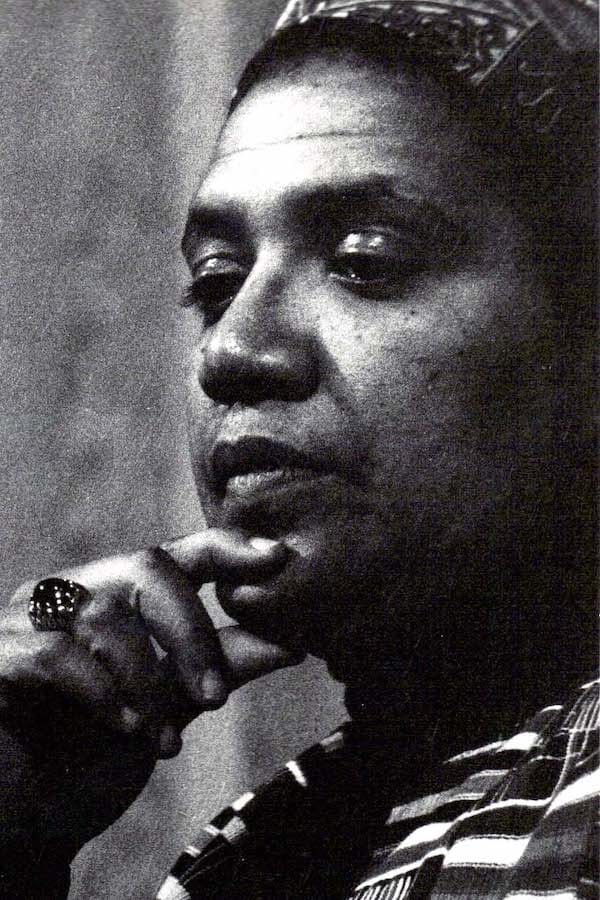
Audre Lorde, a self-described lesbian, mother, author, and poet educated us on what such vile, social attitudes mean to the quick of a human so silenced and pained. She continues in her poem entitled “Power”:
A policeman who shot down a ten year old in Queens
stood over the boy with his cop shoes in childish blood
and a voice said “Die you little motherfucker” and
there are tapes to prove it. At his trial
this policeman said in his own defense
“I didn’t notice the size nor nothing else
only the color”. And
there are tapes to prove that, too.
Today that 37 year old white man
with 13 years of police forcing
was set free
by eleven white men who said they were satisfied
justice had been done
and one Black Woman who said
“They convinced me” meaning
they had dragged her 4’10” black Woman’s frame
over the hot coals
of four centuries of white male approval
until she let go
the first real power she ever had
and lined her own womb with cement
to make a graveyard for our children.
We shouldn’t ever ignore a riot as the riot screams to us that no one is listening. We need to listen because the pain is now too far and too deep. This kind of pain should never exist in society. Read on as Audre Lorde concludes “Power”.
I have not been able to touch the destruction
within me.
But unless I learn to use
the difference between poetry and rhetoric
my power too will run corrupt as poisonous mold
or lie limp and useless as an unconnected wire
and one day I will take my teenaged plug
and connect it to the nearest socket
raping an 85 year old white woman
who is somebody’s mother
and as I beat her senseless and set a torch to her bed
a greek chorus will be singing in 3/4 time
“Poor thing. She never hurt a soul. What beasts they are.”
Sense is Nonsense When It Comes To Riots
The first mistake in attempting to understand a riot is to look for the logic in it. There is none. It’s pure rage. Often ugly. Always terrifying. And it may be rage over things you know nothing about. Things absolutely unrelated to you and beyond your periphery. But silence and oppression from without or from within produce that rage.
Some who felt the searing pain of George Floyd’s murder and the long history which produced it rioted. Allies rioted in support of their oppressed neighbors and friends. Some in opposition to the demonstrations rioted. Opportunists rioted to fan the flames of violence bringing carloads of incendiary devices to burn Minneapolis neighborhoods. All have their own story. All riot from the rage of silence.
Though he believes rioting to be socially destructive and favored peaceful demonstration, Dr. Martin Luther King calls on society to listen carefully to the messages of rioting.
“I think America must see that riots do not develop out of thin air. Certain conditions continue to exist in our society which must be condemned as vigorously as we condemn riots. But in the final analysis, a riot is the language of the unheard. … And so in a real sense our nation’s summers of riots are caused by our nation’s winters of delay. And as long as America postpones justice, we stand in the position of having these recurrences of violence and riots over and over again. Social justice and progress are the absolute guarantors of riot prevention.”
Dr. Martin Luther King — delivered at Stanford University, 1967, “The Other America”.
Perspectives of Why People Riot
Racism is easily scalable. If one embodies racist attitudes, those attitudes readily shape a family, neighborhood, church, workplace, or city. Each group has its own systems in place to maintain values that guide community relations, business, and public safety.
The attitude of one easily influences the attitudes of many. Bob Kroll, for example, president of the Minneapolis Police Union speaks about his feelings toward police shootings. “…I’ve been involved in three shootings myself, and not one of them has bothered me. Maybe I’m different.” And organization members easily follow this leadership. “Out of the 10 board members, over half of them have been involved in armed encounters, and several of us multiple. We don’t seem to have problems,” he said.
I became most aware of my privilege many years ago when I lived in Moscow, Russia. I ran a small non-profit organization providing community development resources and assistance to the Central Asian diaspora living in Moscow. I recall the time I spent with a man from Uzbekistan, a laborer in Moscow. Russian was a second language for both of us. We developed a warm friendship and frequently met for tea. I remember the first time we walked into a metro station together.
There were armed militsiya in the stations spot-checking documents. I could sense Akbar Ali’s tension as he was clearly a foreigner and consequently often a target for harassment and pressure to pay contrived “fines”. Yet, I was a foreigner as well and experienced my own tangles with the militsiya and arrests. I, though, had the blue passport. I had money. I could almost always weasel my way out of a situation. I had privilege. Though I am frequently aware of my privilege, I know I will never fully understand.
Testing Your Politics
It’s helpful to intentionally put yourself in circumstances that challenge your privilege with regard to race and sexuality. You’ll see the vulnerable circumstances others must endure every day. Once recognized and understood, we can take action in our own lives. Our lives and attitudes are scalable just like racism is scalable. We can influence our families, organizations, and communities. We can vote based on the racial and sexual values of candidates.
Here’s the lowest possible bar of a test for your sexual politics:If your sex positivity isn’t upsetting white supramacists, then it’s not comprehensive and inclusive enough.Do better.
Eric Sprankle, PsyD (@DrSprankle) May 31, 2020
Now, I’m glad I had my riot. I respect and honor those who protest and stand with Black Lives Matter. I welcome my friends and colleagues calling me out when my attitudes are awry.
In this way, I have my voice. In this way, I help others to use their voices Marched for You. In this way, I contribute to the defense of voices that are silenced.
Audre Lorde again writes in her essay, “The Transformation of Silence Into Language and Action”,
“We can learn to work and speak when we are afraid in the same way we have learned to work and speak when we are tired. For we have been socialized to respect fear more than our own needs for language and definition, and while we wait in silence for that final luxury of fearlessness, the weight of that silence will choke us.
Audre Lorde
“The fact that we are here and that I speak these words is an attempt to break that silence and bridge some of those differences between us, for it is not difference which immobilizes us, but silence. And there are so many silences to be broken.”
Until We Can Breathe Again
This morning I learned some heartbreaking news. Our yoga studio has closed permanently. The studio was looted and burned in the Minneapolis riots. The owner is compassionate toward those who destroyed the studio. She is confident this is an opportunity. As she said she is “looking forward to 2021 as a time for a new partnership and a new space when the pandemic calms down and we feel safe breathing with each other again.”
It’s important that those of us who wish to ally with socially and sexually oppressed first constantly be in the assessment of our own attitudes and appropriately self-adjust. Then dissociate from the systems which perpetuate the oppression where people suffer. The University of Minnesota, Minneapolis Schools, and the Minneapolis Parks last week all cut ties with the Minneapolis Police Department. Today, only days later, the Minneapolis City Council announced its plan to defund the Minneapolis Police Department. Antiracism is scalable.
“Not until the creation and maintenance of decent conditions of life for all people are recognized and accepted as a common obligation of all of us. . . shall we be able to speak of humankind as civilized.”
Albert Einstein
When the riots calm, be sure that you have listened. Be sure that you listen attentively when others remind you of your racism or sexism. Respond with graciousness and a desire to grow. Challenge your own silence and use your voice to defend. Encourage others to use their voices and end the division.
Then we will feel safe breathing with each other again.
George Floyd memorial photo by munshots on Unsplash. Audre Lorde photo
By K. Kendall – originally posted to Flickr as Audre Lorde, CC BY 2.0, Link
Thanks!

